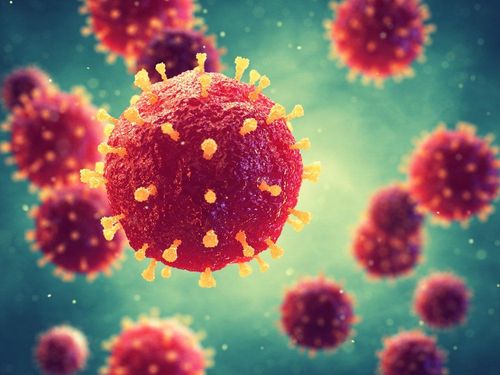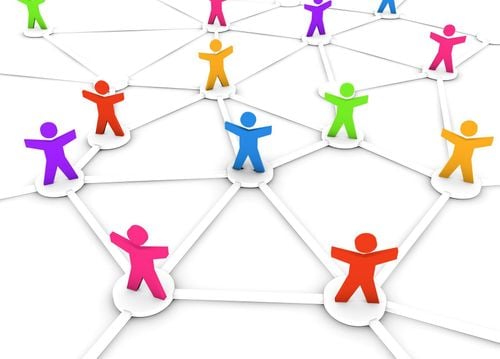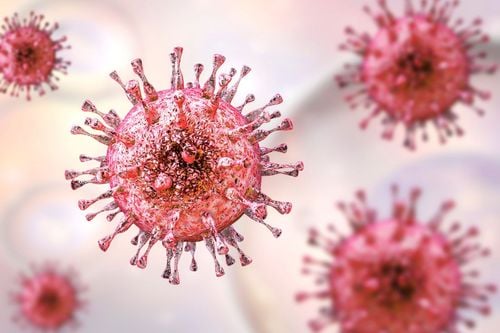This is an automatically translated article.
Public health generally refers to collective actions aimed at improving the health of the community. Epidemiology is one of the tools that promote health, used in a variety of ways.
Early research in the field of epidemiology is often concerned with the etiology (etiology) of infectious diseases. And to this day, this work remains important in determining disease prevention measures. In this sense, we see epidemiology as the basic science and medicine with the aim of improving the health of the community, especially the health of community groups at higher risk of disease.
1. Assess the health of the community
Public health officers are responsible for policy formulation, implementation, and evaluation of the use of epidemiological information as a framework for making decisions regarding the health of a particular community.
In order to assess the health of people or entire communities, relevant data sources must be identified and analyzed accurately by person, place and time. This is the main role of descriptive epidemiology.
Epidemiologists need to be able to answer the following key questions:
What are the possible current and future health problems in the community? Where are those health problems happening? Which areas are at increased risk? What health problems have decreased over time? What health problems are increasing or likely to increase in the future? How do these models impact the extent and distribution of available public health services? Epidemiological researchers also need to study and collect more detailed data so that they can analyze and assess whether the available health services are effective or not with the health problems that the community is facing. or are about to face.
2. Personal decision making
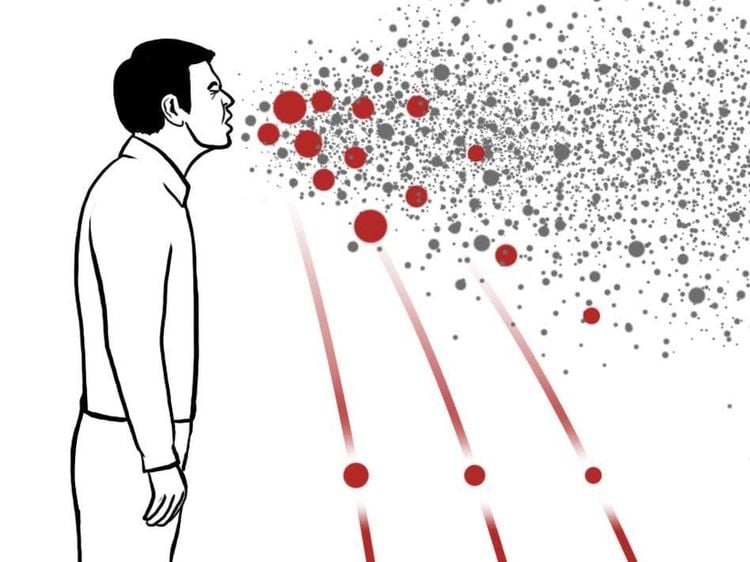
Dịch tễ học là ngành khoa học, y học cơ bản với mục đích cải thiện sức khỏe của cộng đồng
Many people may not realize that they are already using infectious disease epidemiological information to make decisions that affect their health on a daily basis.
Like when a person makes the decision to quit smoking, take the stairs instead of the elevator, eat a salad instead of cheese and fries for lunch, or use a condom... have also been unconsciously influenced by risk assessments made by epidemiologists.
Since World War II, epidemiologists have provided information regarding all these decisions. In the 1950s, epidemiologists reported an increased risk of lung cancer in smokers.
In the 1970s, epidemiological researchers noted the role of exercise and proper diet in reducing the risk of cardiovascular disease. By the mid-1980s, epidemiologists had identified an increased risk of HIV infection with certain behaviors related to unsafe sex and drugs.
Epidemiology plays an important role in making decisions regarding individual health. And in fact today, it also plays a role in the health-related decisions of a large community.
3. Build a complete clinical picture
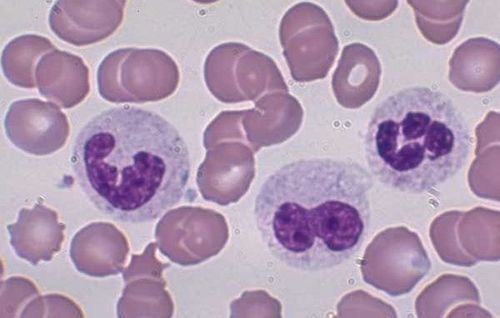
Các nhà nghiên cứu dịch tễ học dựa vào các nhà cung cấp dịch vụ chăm sóc sức khỏe và người dân để đưa ra chẩn đoán thích hợp
When investigating an outbreak, epidemiologists rely on health care providers and the general public to make an appropriate diagnosis for each patient. But epidemiologists also contribute to the physician's understanding of a clinical picture and natural history of that disease.
A concrete example of this is that at the end of 1989, a physician saw three patients with unexplained eosinophilia (all three patients had an increase in the number of a type of cell specific white blood cells called eosinophils) and severe muscle pain.
Although this doctor was unable to make a definitive diagnosis, he informed the public health authorities of this. And, within just a few weeks, epidemiologists have identified enough other cases to describe the spectrum and course of the disease. The disease was then called eosinophilia-myalgia syndrome.
In recent years, epidemiologists, along with clinicians and researchers around the world, have worked together to describe the SARS epidemic, a disease caused by a newly emerged coronavirus. appeared in China at the end of 2002.
Thus, epidemiology plays an important role in giving a complete picture of a particular disease. Previously, epidemiology was only concerned with infectious diseases. Today, however, epidemiology has also become instrumental in characterizing many non-communicable diseases such as smoking-related conditions such as lung and heart disease, throat cancer, lung cancer, etc.
4. Look for the cause

Các nhà dịch tễ học phát hiện vắc-xin ngừa rotavirus làm tăng nguy cơ mắc bệnh nội tạng
There are many epidemiological studies devoted to finding causes or factors that influence disease risk. The most important goal is to identify the cause of the disease so that preventive measures can be taken for the community.
There are many who argue that epidemiology can never prove a cause-and-effect relationship between exposure and disease. The reason for this view is that much of epidemiology is based on ecological reasoning. However, epidemiology often provides enough information to support this work effectively. Some good examples of this are since removing the handle from the Broad St pump after John Snow's cholera investigation in London's Golden Square in 1854 stopped cholera from spreading.
After epidemiologists discovered that the rotavirus vaccine increased the risk of visceral disease - a potentially life-threatening condition, the vaccine was withdrawn from the program in 1999. vaccination.
Epidemiology and laboratory science combine to provide the evidence needed to establish a causal relationship. One example is that epidemiologists were able to identify different factors in a pneumonia outbreak among attendees of the American Legion Convention in Philadelphia in 1976. Six months later, the researchers New laboratory study found Legionnaires bacillus from lung tissue of some deceased patients.
Epidemiology has an important role and significance in the field of public health to assess public health, make individual decisions about health issues, complete the overall clinical picture of a disease and specifically looking for the cause of the disease as well as the risk factors that increase a person's chances of getting the disease.
Vinmec International General Hospital with a system of modern facilities, medical equipment and a team of experts and doctors with many years of experience in medical examination and treatment, patients can rest assured to visit. examination and treatment at the Hospital.
Please dial HOTLINE for more information or register for an appointment HERE. Download MyVinmec app to make appointments faster and to manage your bookings easily.
References: cdc.gov, apps.who.intMORE
Core function of epidemiology How do vaccines help strengthen the body's immune system? Physical activity is the best way to strengthen the immune system




